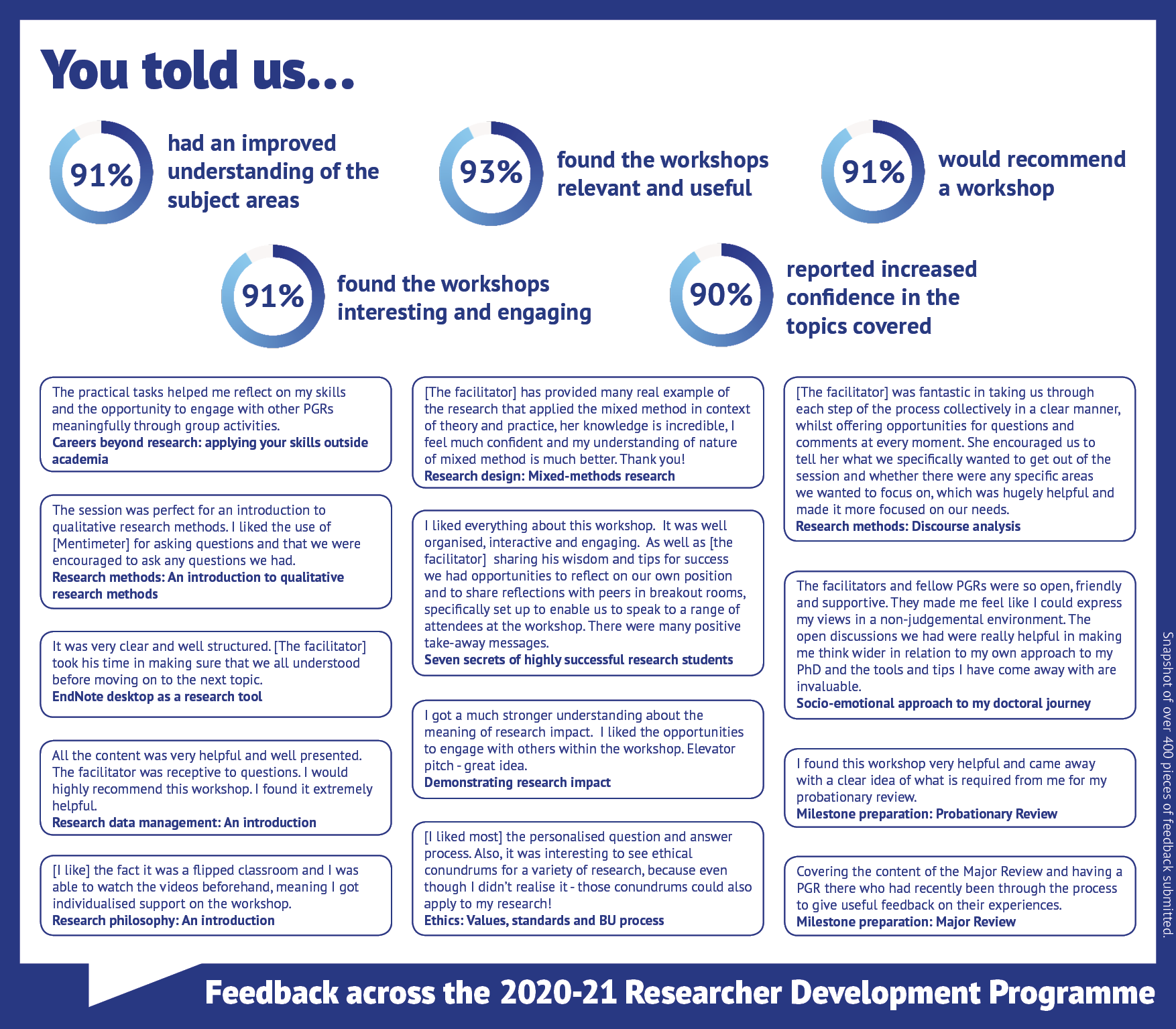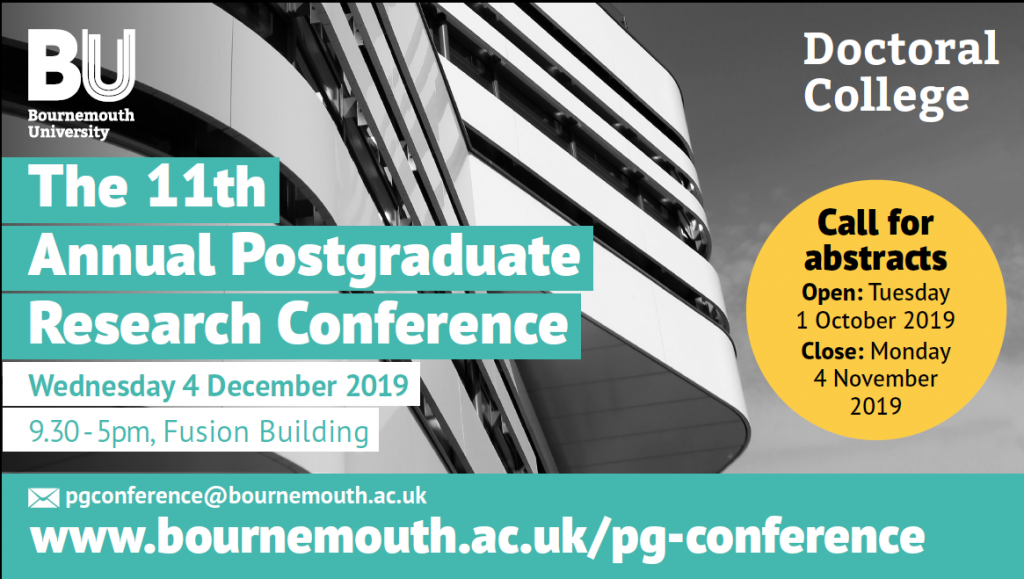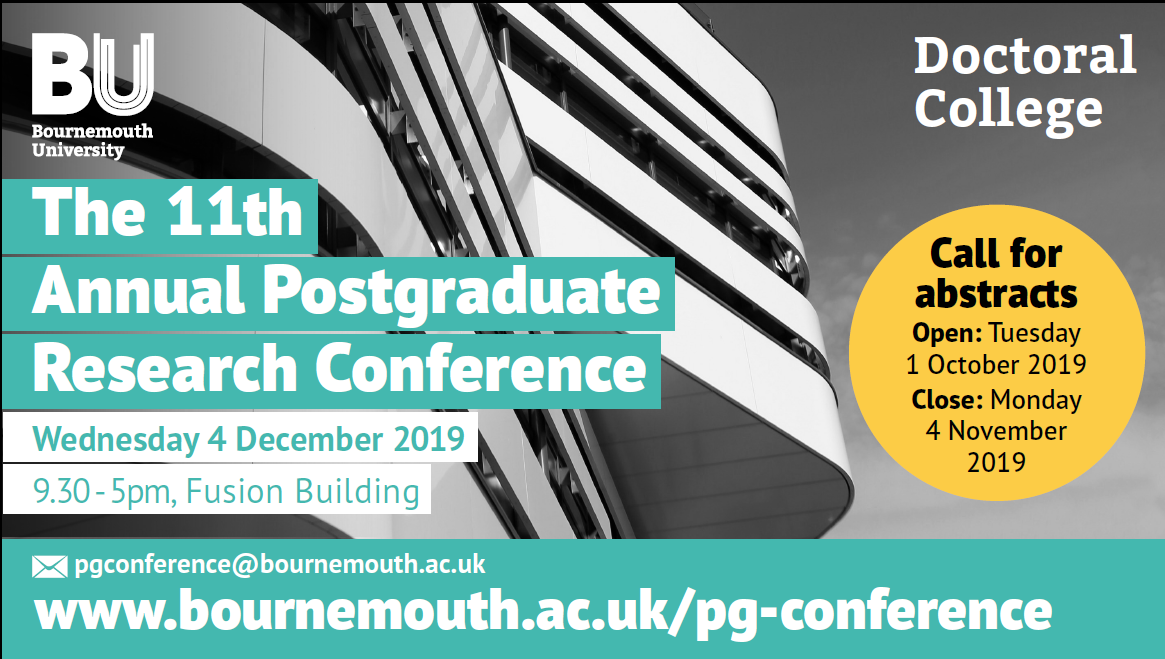To combat potential politics fatigue we’ve kept the news from the last couple of weeks short and sharp for you, and to combat lockdown fatigue this is also a COVID-light update.
Parliamentary News
On Wednesday there was a debate in the House of Commons on FE funding.
Research news
Post-Brexit Research Programme Association
Discontent has been growing that institutions sitting outside of the EU community still do not have a cost figure to subscribe to the 2021-27 Horizon Europe programme. Research Professional state:
- Some of the 16 non-EU countries associated to Horizon Europe’s predecessor tried to probe the Commission during a video call on 19 October, but the Commission could not answer their questions.
- UUK International estimates the cost will be about €3 billion more than its researchers are likely to win back and stated that the estimated cost “doesn’t look fair”.
- However, Kurt Deketelaere, Secretary-General of the League of European Research Universities, suggested the Commission’s research department might be being silenced by colleagues negotiating on the EU’s relationship with the UK… But…the UK government might be briefing research organisations to expect higher costs than are really being sought, suggesting the government could be “abusing this situation and wants the university sector to give up on association”.
The details on the speculated calculation methodology are here.
Meanwhile the Guardian speculates on the £3 billion deficit which is shying the Government away from participation. Vivienne Stern, Director of UUK, breaks down the figures here and concludes:
- “If we get to the end of December and there’s no negotiated outcome,”…the best thing would be to “try to get back to the table on research collaboration”. It was a bridge that could still be built…“with compromise on both sides on the cost question, it is a deal that could be done fairly quickly”.
And Research Professional talk about no deal implications:
- A no-deal Brexit, or a deal so thin as to have the same practical effects as a no-deal Brexit, would make it harder for British universities to participate in Horizon Europe and Erasmus+ or to secure the mutual recognition of qualifications with European countries.
Parliamentary Questions
Q – Chi Onwurah: To ask the Secretary of State for Business, Energy and Industrial Strategy, whether the upcoming one year Spending Review will provide funding for
(a) a UK replacement for Horizon Europe,
(b) the new Office for Talent,
(c) the new Innovation Expert Group,
(d) schemes to promote diversity within STEM and
(e) implementing the findings from the R&D tax credits consultation; and what the timeframe is for publishing long term funding strategies for those projects.
Amanda Solloway:
- At the 2020 Budget, my Rt. Hon. Friend Mr Chancellor of the Exchequer announced the Government’s ambitious commitment to increase public spending in research and development to £22 billion by 24/25, putting the UK on track to reach 2.4% of GDP being spent on research and development across the UK economy by 2027.
- In order to prioritise the response to Covid-19, and our focus on supporting jobs, the Chancellor and my Rt. Hon. Friend the Prime Minister have decided to conduct a one-year Spending Review, setting departments’ resource and capital budgets for 2021-22, and Devolved Administrations’ block grants for the same period. This Spending Review will be delivered on 25th November. (Link)
At PMQs – Chris Skidmore (ex-Universities Minister) noted the importance of R&D, and asked the PM if he agreed that spending 2.4% of GDP by 2027 on R&D would be essential. Johnson said yes, and reiterated the commitment to the 2.4% figure, and an increase investment of £22bn by 2027.
KTP – Innovate UK and UKRI have announced a new Knowledge Transfer Partnership (KTP) scheme, which links the business with an academic/ research organisation and a graduate to help the business innovate and grow through a specific project. Projects can last 12-36 months. Details here.
Codes of Practice REF 2021 – The REF Equality and Diversity Advisory Panel has published a report on university codes of practice submitted in mid-2019 as part of REF2021. The majority of submissions adhered to official guidance and demonstrate the progress made since 2014, such as the appointment of equality and diversity-related roles, support and mentoring for staff, and engagement with Athena Swan and the Race Equality Charter.
Endorsed Funders – UKRI has welcomed input on which funders should be recognised as an endorsed funder under the Global Talent Visa immigration route. Any researcher or specialist who is named/whose role is named on a grant from an endorsed funder can apply for the Global Talent Visa, provided they meet certain conditions. Nominated funders will do additional due diligence, including questions about an organisation’s governance and internal controls, adherence to peer review principles and financial stability. Endorsed funders play no role in the visa process itself. Press release here, consultation here.
PRES
Advance HE have published their annual postgraduate research experience survey (PRES) findings.
- 80% of PGRs are satisfied with their overall research degree experience
- Top motivations for taking a research degree programme are interest in the subject (35%) and to improve academic career prospects (27%).
- 80% of PGRs feel prepared for their future career.
- Only three in five (60%) are satisfied with the research culture at their institution. Satisfaction dipped by 3% for research culture compared with 2019.
- Respondents reported slightly higher satisfaction during the Covid-19 lockdown (82%) than those who responded to the survey before lockdown (77%)
Advance HE also state:
- A significantly larger proportion of PGRs who responded to PRES during lockdown felt that their feedback was valued and acted upon, and comments reveal examples of supervisors going out of their way to engage with and support PGRs.
- However, the disruptive impacts of the lockdown have clearly been felt with those responding after lockdown considerably less likely to have received formal training for their teaching, and less confident they would complete their research degree programme within their institutions’ expected timescale.
THE has an article suggesting the poor economic and employment outlook is swaying postgraduates away from industry and into an academic career. The data is taken from PRES.
- 42 per cent of those in their fourth year or beyond who answered in lockdown wanted to stay in academia compared to 35 per cent who responded before lockdown – a difference of 7 percentage points, or 20 per cent.
- Whereas academic jobs in higher education have been incredibly competitive in recent years, perhaps the reduction in available jobs outside of academia makes an academic career all the more appealing,” says the study, which also found students were far less likely to consider leaving their courses during lockdown than before it. Some 31 per cent of respondents admitted they had considered quitting their course prior to lockdown, which fell to 26 per cent during lockdown.
Canada-UK research collaboration
The UK’s Science and Technology Facilities Council (STFC) has signed a letter of understanding with Canada Foundation for Innovation (CFI) for the two organisations to work together to find new ways to improve each respective nation’s infrastructure for supporting research.
Through this partnership, the CFI and STFC will share information on their online infrastructure portals — the CFI’s Research Facilities Navigator and the UKRI Research and Innovation Infrastructure Portal.
The partners will also explore new opportunities for international collaboration between their researchers and research institutions and pursue joint funding of research infrastructure and support for access to these infrastructures in the UK and Canada, and in other countries where the two partners have shared interests. UKRI press release here.
Skills
The Government envisaged a marketized HE sector with healthy competition. However, on the skills front competition for delivering higher level technical education has not been welcomed by all parties.
Wonkhe cover:
- A new essay for Policy Exchange [a right leaning think tank], Technical breakthrough: delivering Britain’s higher level skills, sees Nottingham Trent vice chancellor Edward Peck, along with co-authors Rich Pickford and Will Rossiter, argue that universities are better positioned than colleges to deliver the government’s agenda on higher level skills due to their established expertise, greater resource and organisational capacity and recognition from employers. The essay argues that FE colleges should not be granted taught degree awarding powers except where there is local need, and should concentrate on skills gaps at level three and below. Other recommendations include the piloting of the lifelong learning loan entitlement on a grant basis in areas of greatest need, and the recalibration of the government’s restructuring regime for higher education to include focusing on higher level technical skills and closer alliances with local FE colleges.
- FE Week has an opinion piece from David Hughes, chief executive of the Association of Colleges, arguing that there is no need for colleges and universities to compete on providing higher skills training.
- Debbie McVitty explores the moral and economic arguments fuelling the skills debate.
Research Professional cover the aspects of the report that appear to wish to reinvigorate the old polytechnics:
- The…co-writers argue that there is “a golden opportunity” to use the expansion of funding for level 4 and 5 qualifications to “move the focus of a significant segment of the higher education sector back towards a broader offer that characterised them before they became universities, whilst also bearing down on costs”. Is this the old ‘bring back the polytechnics’ call but coming from the head of a new university? Not quite. Degrees and research would still be undertaken.
- “In short, government should seek to pivot the post-1992 ‘applied universities’—and those created since—more towards technical and vocational courses rather than expand or continue further education colleges in an area in which they have very limited experience and expertise,”…“This would not require these universities to stop delivering traditional degrees in a broad range of subjects or undertaking research; indeed it is important to their continued reputation that they do both…However, it would mean that universities would be deploying their considerable resources, organisational capacity and employer links to the benefit of many of the 50 per cent that do not enrol for a full-time university degree at 18. This would be the next step in developing their role to drive social mobility.”
- Peck was a member of Philip Augar’s review of post-18 funding, so perhaps it is not surprising that his proximity to government thinking has made him wary of pre-empting such a move towards vocational education for post-92s before it is “done to” certain universities.
Lords on Skills – The Lords had a short but very topical discussion on rationalising the number of available qualifications this week. It touched on technical education, how employers value higher level apprenticeships over lower level (therefore are upskilling staff rather than employing new lower level staff), and that the Government’s commitment to a lifetime skills guarantee will not cover 75% to 80% of non-graduate workers who lose their jobs in the aftermath of the coronavirus pandemic. That is because many non-graduates want higher-level training, rather than just a new level 3 qualification… which led on to call for a flexible HE loan system to access this higher level training.
Education Spending
The Institute for Fiscal Studies released the latest in their series of annual reports on education spending across the learning life cycle with analysis on the major issues facing different sectors.
FE
- FE colleges and sixth forms have seen the largest falls in per-pupil funding of any sector of the education system since 2010/11, falling by 12%in the past decade – funding per student in school sixth forms fell by 23%
- In the last academic year, funding per student was £4,600 in sixth-form colleges, £5,000 in school sixth forms and £6,100 in FE colleges
- Spending on adult education is nearly two-thirds lowerthan in 2003/04 and about 50% lower than in 2009/10
- Total spending on adult education and apprenticeships combined is still about 35% downon 2009/10
- There has been a large rise in the number of adults(aged 19+) participating in apprenticeships – from 460,000 in 2010/11 to 580,000 in 2018/19
- There could be a sharp increase in student numbersin colleges and sixth forms in 2020, due to population growth and the economic downturn
- Government has provided an extra £400mfor 16-18 education in 2020/21, implying growth in per-pupil spending of 2%, but growth in student numbers could erode much of this increase
HE
- Estimate the government contribution to HE for this year’s cohort could increase by around 20%, or £1.6bn, around a quarter of which is due to there being around 15,000 extra UK students
- Costs are higher as we take into account the effects of Covid-19 on previous cohorts’ ability to make student loan repayments
- Universities face several financial risks, including pension deficits and reduced incomefrom accommodation, conferences and catering, although student number appear to have held up for now
You can view the full list of key findings here (including schools and early years), and the full IFS report here.
Access & Participation
The Institute of Education has a blog on why including first generation HE students is relevant today. They set out to explore whether ‘first in family’ (FiF) is a good indicator for widening participation programmes. How does it compare to the other indicators? Does it capture more or less advantaged individuals and can it be used accurately and reliably?
They found:
- parental education is a key indicator of disadvantage and that this disadvantage operates through early educational attainment.
- Our research points to the need to get serious about contextualised admissions
- The disadvantage that FiF individuals face clearly runs through their schooling career. This WP indicator should be prioritised by universities in the admissions process…The UCAS form should be updated so that applicants have to provide the specific level of education of each parent (for instance, via a dropdown menu)…The goal is to give every university the same, reliable information at the beginning of the application process. Going forward, this self-reported information could be checked against administrative data making the measure verifiable.
They conclude: Calls to change the university application system have been especially strong this year. If we are going to make meaningful, systemic changes, let’s not forget about the goal of widening participation.
The OfS have a new blog: Support for disadvantaged students crucial as selective university numbers rise.
Research Professional covered a HEPI webinar roundtable on the long-term impact of Covid-19 on HE in which Mary Curnock Cook identified the cost of student accommodation and the lack of part-time jobs for students as barriers to access that have been highlighted by the Covid-19 pandemic. Students are now likely to be suspicious of committing to a three-year residential experience when online learning is an inescapable part of the new normal.
Spending Review
The CBI have called for the spending review to invest in human capital to create a workforce ready for the future, including:
- Transform the Apprenticeship Levy into a Skills and Training Levy that will support business to invest more in their people.
- Introduce a single lifelong learning loan allowance for individuals to help individuals fund training throughout their career.
- Upskill and retrain by giving all adults in England free access to their first level 2 and 3 qualification.
- Reinvent job centres as ‘skills centres’ to deliver digital skills, advice and support.
HERR board appointed
Last Friday the DfE announced the newly appointed members of the higher education restructuring regime (HERR) advisory board. The HERR is a scheme for higher education providers in England facing financial difficulties as a result of Covid-19. Appointments last for a fixed two-year period. Sir Simon Burns, former Transport Minister and former Conservative MP for Chelmsford, was appointed by the Education Secretary as the HERR chair. Other board members appointed:
- Richard Atkins, currently Further Education Commissioner for England and member of the Council at the University of Exeter
- John Cunningham, former finance director in a range of HE providers
HERR board members appointed to provide accountancy expertise are:
- Amanda Blackhall O’Sullivan, partner at Ernst & Young
- Colin Haig, president of R3, a restructuring and insolvency trade body
Events
The Institute for Fiscal Studies are hosting a series of events as part of the ESRC Festival of Social Science. If you are interested (see list) click the links to register for the online session.
Levelling Up & Civic Agenda
The UPP Foundation have three new offerings on universities’ roles in levelling up and building back better. Their report finds that the Government commitment to a “lifetime skills guarantee” won’t cover 75-80% percent of non-graduate work that is at risk
- Their analysis of towns and cities suggested that a total of 5m jobs are at risk from the areas most affected by Covid – 3m of which are non-graduate jobs, and 2.4-2.5m of which are not covered by retraining commitments
- Polling for the report showed that many non-graduates want higher level training, rather than just a new Level 3 qualification, and not motivated to retrain in areas of shortage skill in the economy
In addition, Core Cities UK and 24 universities have called for the establishment of new City Innovation Partnerships (CIPs). They also said that local leaders need greater local flexibility in the delivery of skills, employment and job creation programmes. You can read the full declaration here, and Bristol University’s ‘Unleashing Urban Innovation’ study here, which helped inform the groups work.
Ex Universities Minister Chris Skidmore wrote for Research Professional on how universities can support their local communities and aid recovery from the pandemic:
- universities should lead the charge in supporting people to gain new skills and new jobs…
- Beyond coronavirus, there’s another set of political challenges to which universities must respond: Conservatives’ commitment to “levelling up” in deprived communities across the country. At a time when jobs are being lost, we cannot afford for universities to fail in areas such as Teesside, the Midlands, and other regions across the country. Instead, we need them to step up and ask not what the government can do for them, but what they can do for their community.
- …universities working to raise standards in schools, help the NHS, and support the modernisation of the high street and town centres…
- In turn, we should recognise the place-based value of universities as regional institutions, many of which employ thousands of local people in Red Wall seats, and which can continue to regenerate towns, as they have cities. It means thinking about what universities can do for towns near them where they don’t have a campus but which need support…
- It is fashionable in some quarters to attack universities at the moment. But if they can help tackle the impending unemployment crisis, support retraining and become central to the lives of ordinary people across all our communities, they can lead a long-overdue civic renaissance.
Chris Skidmore will also chair the Higher Education Commission’s inquiry into university research and regional inequalities. The inquiry will explore how research funding might be used by universities to contribute to the government’s ‘levelling-up’ agenda.
Student Complaints
The Office for the Independent Adjudicator is consulting on an approach to respond to large group complaints. They say:
- In recent years there have been events affecting the higher education sector that have had the potential to lead to large numbers of complaints to us, including the impact of Covid-19 and the unprecedented disruption it is causing. While such events don’t necessarily lead to large groups of students complaining to us, it’s important that we are properly prepared and that we can handle large group complaints in a way that works for everyone involved
- Wonkhe disagree: Students dissatisfied with their academic experience this term are significantly less likely to make a complaint than others, according to new findings published in our non-continuation survey. Despite the use of complaints procedures being promoted by ministers and regulators as a way for students to resolve concerns, just 40 per cent of dissatisfied students say they are aware of their rights and entitlements and how to complain, compared to 72 per cent of those satisfied.
- Students considering dropping out are also significantly less likely to complain – with students citing a lack of understanding about their rights, a fear of reprisals in assessment, not understanding the process and not believing that doing so would make any difference to their concerns.
Wonkhe have a blog on what regulators should do to ensure that students can have their concerns heard and addressed.
PQs
Inquiries and Consultations
Click here to view the updated inquiries and consultation tracker. Email us on policy@bournemouth.ac.uk if you’d like to contribute to any of the current consultations.
New consultations and inquiries:
The Office for the Independent Adjudicator is consulting on an approach to respond to large group complaints. They say: In recent years there have been events affecting the higher education sector that have had the potential to lead to large numbers of complaints to us, including the impact of Covid-19 and the unprecedented disruption it is causing. While such events don’t necessarily lead to large groups of students complaining to us, it’s important that we are properly prepared and that we can handle large group complaints in a way that works for everyone involved.
Other news
Online learning – The future is specialised: Wonkhe asks whether the rapid move to online and forced digital upskilling created by C-19 means HE’s future will be a more balanced mix of online and face to face learning. David Kernohan thinks strategic specialisation, not technology, will drive the future.
Jisc published ‘Learning and teaching reimagined: a new dawn for higher education?’ suggesting the future is the blended learning model.
Covid cost: iNews tots up the cost of the extra Covid safety precautions in some universities.
Equity Analysis: The DfE released an equality analysis of HE student finance for the academic year 2021/22. It considers the below policy proposals concerning changes to student finance arrangements:
- Increases in grants that act as a contribution towards the cost of living for students starting full-time undergraduate courses before 1 September 2016 by 3.1%
- Increases in dependants’ grants for full-time undergraduate courses by 3.1%
- Increases in loans for living costs for undergraduate courses by 3.1%
- Increases in loans for students starting postgraduate master’s degree courses and doctoral degree courses in 2021/22 by 3.1%
It concludes that the proposed changes will have a marginally positive impact for those with and without protected characteristics…Although student loan debt may rise, this is largely due to increases in loans for living costs for undergraduate courses and loans towards the costs of postgraduate courses, which if not implemented would make higher education less affordable, and consequently potentially less accessible, for students from lower income backgrounds.
UCAS: Trudy Norris-Grey appointed as Independent Chair of UCAS.
Mental Health: The OfS have extended their mental health platform, Student Space, to run until June 2021. And Research Professional report that OfS is also running a competition for higher education providers, with £1m from the Department of Health and Social Care, to develop and implement projects involving innovative approaches to improving student mental health.
Subscribe!
To subscribe to the weekly policy update simply email policy@bournemouth.ac.uk. A BU email address is required to subscribe.
External readers: Thank you to our external readers who enjoy our policy updates. Not all our content is accessible to external readers, but you can continue to read our updates which omit the restricted content on the policy pages of the BU Research Blog – here’s the link.
Did you know? You can catch up on previous versions of the policy update on BU’s intranet pages here. Some links require access to a BU account- BU staff not able to click through to an external link should contact eresourceshelp@bournemouth.ac.uk for further assistance.
JANE FORSTER | SARAH CARTER
Policy Advisor Policy & Public Affairs Officer
Follow: @PolicyBU on Twitter | policy@bournemouth.ac.uk





 A vacancy has arisen for one of the two posts of University Representative, the leaders of the Research Staff Association. This is not a faculty-specific post, any eligible person from any faculty can apply.
A vacancy has arisen for one of the two posts of University Representative, the leaders of the Research Staff Association. This is not a faculty-specific post, any eligible person from any faculty can apply.














 New weight change BU paper
New weight change BU paper One week to go! | The 16th Annual Postgraduate Research Conference
One week to go! | The 16th Annual Postgraduate Research Conference Geography and Environmental Studies academics – would you like to get more involved in preparing our next REF submission?
Geography and Environmental Studies academics – would you like to get more involved in preparing our next REF submission? Congratulations to three former BU staff
Congratulations to three former BU staff Applications are now open for 2025 ESRC Postdoctoral Fellowships!
Applications are now open for 2025 ESRC Postdoctoral Fellowships! Horizon Europe – ERC CoG and MSCA SE webinars
Horizon Europe – ERC CoG and MSCA SE webinars ERC grants – series of webinars
ERC grants – series of webinars MaGMap: Mass Grave Mapping
MaGMap: Mass Grave Mapping Last reminder – MSCA Postdoctoral Fellowships 2024 internal deadline next week
Last reminder – MSCA Postdoctoral Fellowships 2024 internal deadline next week